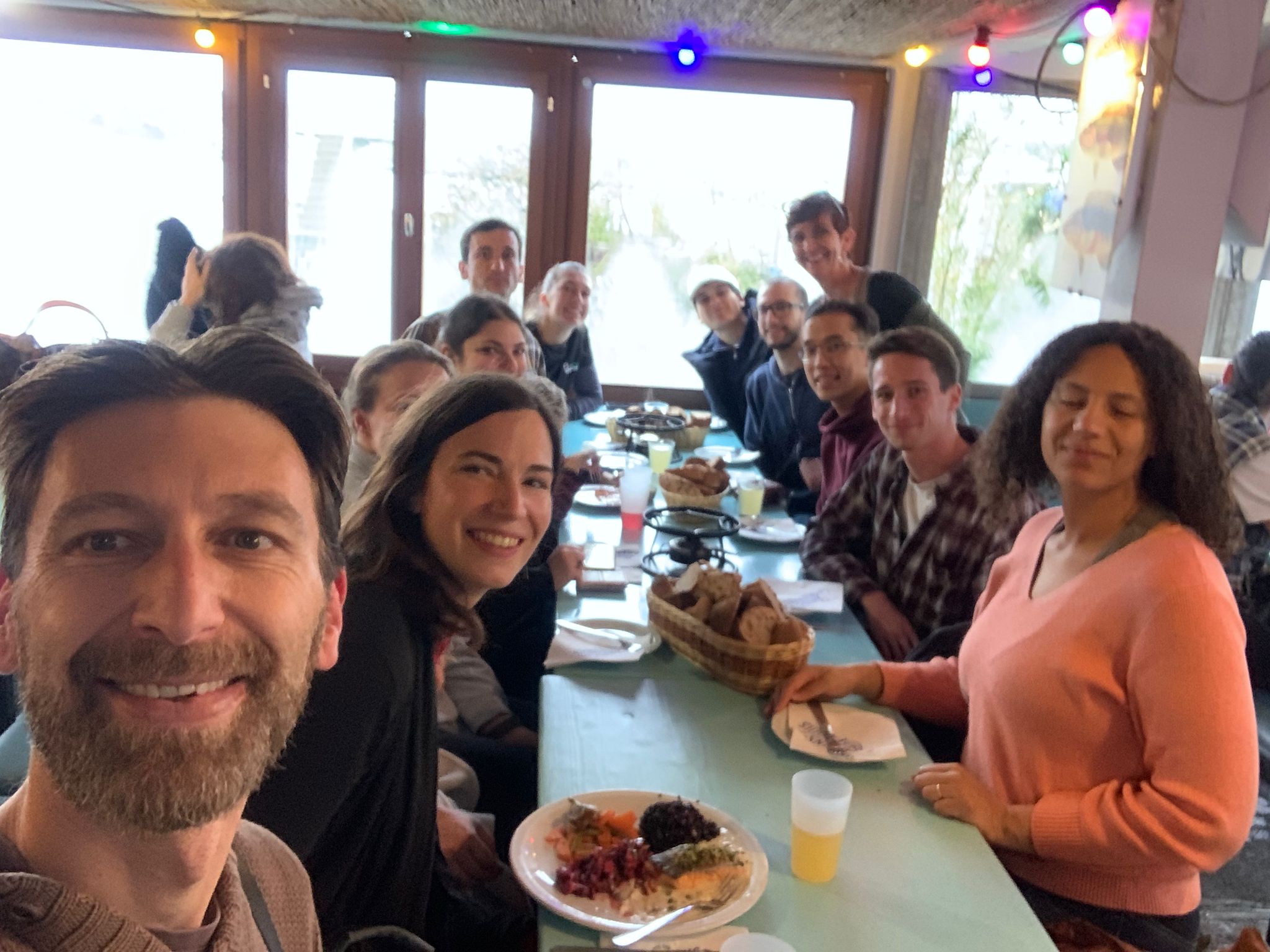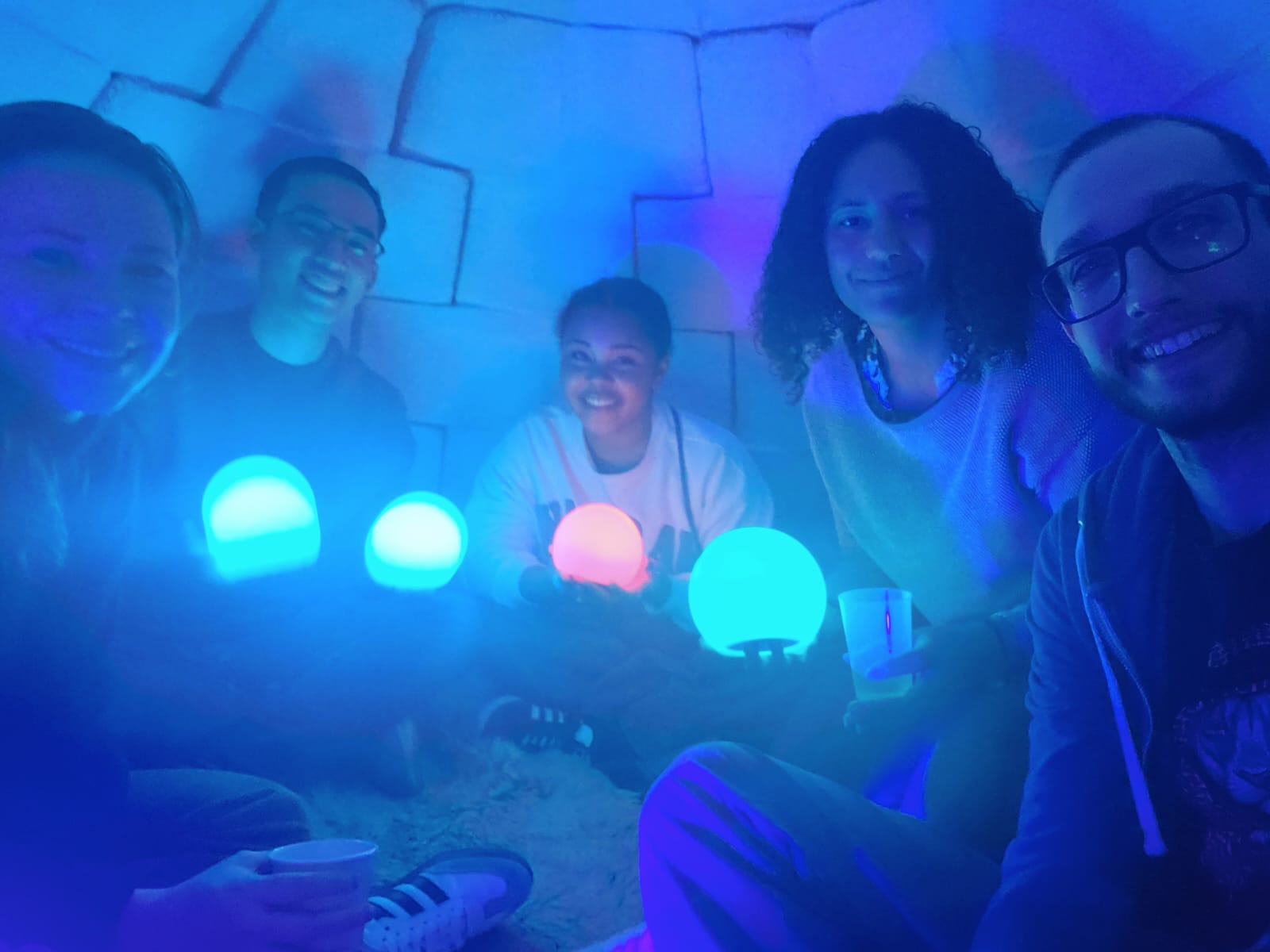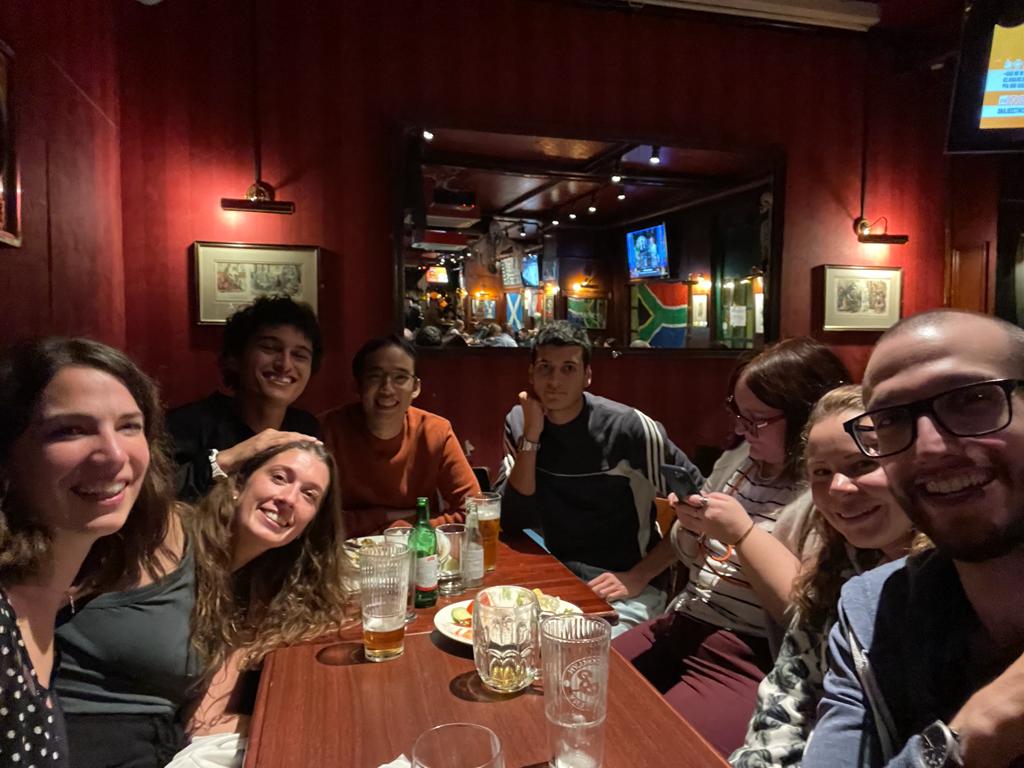Brain and Learning Lab
RESEARCH DESCRIPTION
A distinctive feature of the human brain is its capacity to learn and adapt to an ever-changing environment. What are the factors that promote such learning and brain plasticity? Are some parts of our nervous system more plastic than others, making some skills easier to acquire? Answers to these questions are central to basic science, education, clinical rehabilitation, and aging. To address these questions, my laboratory uses a multidisciplinary approach (behavior, brain imaging, eye tracking, vital statistics) to study how individuals learn and adapt after training. In the past, the lab has studied deafness and sign language and its relation to brain plasticity; since 2000, we have turned to the impact of video games and more generally technology use on brain plasticity.
Our research
Our aim is to reveal the mechanisms of brain plasticity and learning in various perceptual and cognitive domains

What We Do
We study learning and how experience affects learning.
Neuroscience
We use brain imaging to understand the neural basis of learning and how our brain is affected by experience.
Psychology
We apply methods from cognitive psychology to study behavior and how it changes during learning.
Applied Research
We apply our fundamental research to real world problems to improve learning in different contexts.

Who we are
A team of researchers, postdocs, PhDs, ingeneers, master or graduate students












